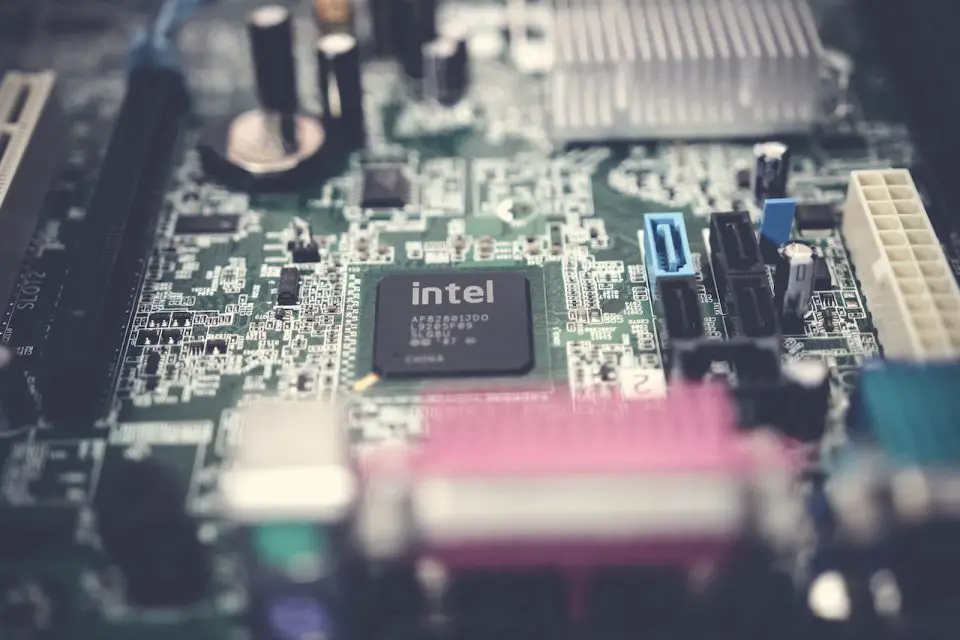In a significant announcement on Tuesday, Intel Corp unveiled details about its forthcoming “Meteor Lake” laptop chip, revealing that it will incorporate AI features akin to the renowned “ChatGPT-style” technologies. This breakthrough promises a pivotal shift for businesses and consumers, as it obviates the need to transmit sensitive data to cloud data centers when testing AI technologies.
This groundbreaking laptop chip by Intel empowers enterprises and individuals to effortlessly deploy generative AI chatbots directly on their personal computers. Intel’s proprietary AI data-processing capabilities integrated into the laptop chip, coupled with the supportive software tools the company has launched, are instrumental in making this advancement possible.
Furthermore, Intel executives disclosed plans for the imminent release of a chip dubbed “Arrow Lake,” slated to hit the market next year. Manufactured using Intel’s cutting-edge technologies, it is anticipated to rival the efficiency and sophistication of chips produced by Taiwan Semiconductor Manufacturing Co. This strategic move underscores Intel’s concerted effort to assert itself in the competitive arena of potent chips, particularly those vital for data centers engaged in training AI systems like ChatGPT. Concurrently, the company is banking on this new offering to enable developers to execute specific language models, integral to chatbot technology, directly on laptops.
Introducing their novel software christened OpenVINO, Intel has streamlined the process for developers to leverage Meta Platforms’ language models on laptops, significantly enhancing operational efficiency. This innovative approach holds promise for individuals wary of entrusting their sensitive information to third-party AI entities. TechInsights analyst Dan Hutcheson emphasized the challenge facing Intel Chief Gelsinger: democratizing AI technology to render it accessible to a broader spectrum of users. “If he can pull that off, and make it so that anyone can use it, that creates a much bigger market for chips – the chips that he makes,” Hutcheson noted.
Intel’s strategic vision, aimed at diminishing dependence on the cloud for analytics endeavors, has the potential to foster a more secure environment for both businesses and consumers. As the industry hurtles towards ever greater AI breakthroughs, Intel’s new chip emerges as a catalyst for advancing AI development while safeguarding the paramount aspect of data privacy. This technological leap heralds a new era where the power of AI can be harnessed with heightened security and convenience, marking a substantial leap forward for the industry and its stakeholders.
Source: Reuters

